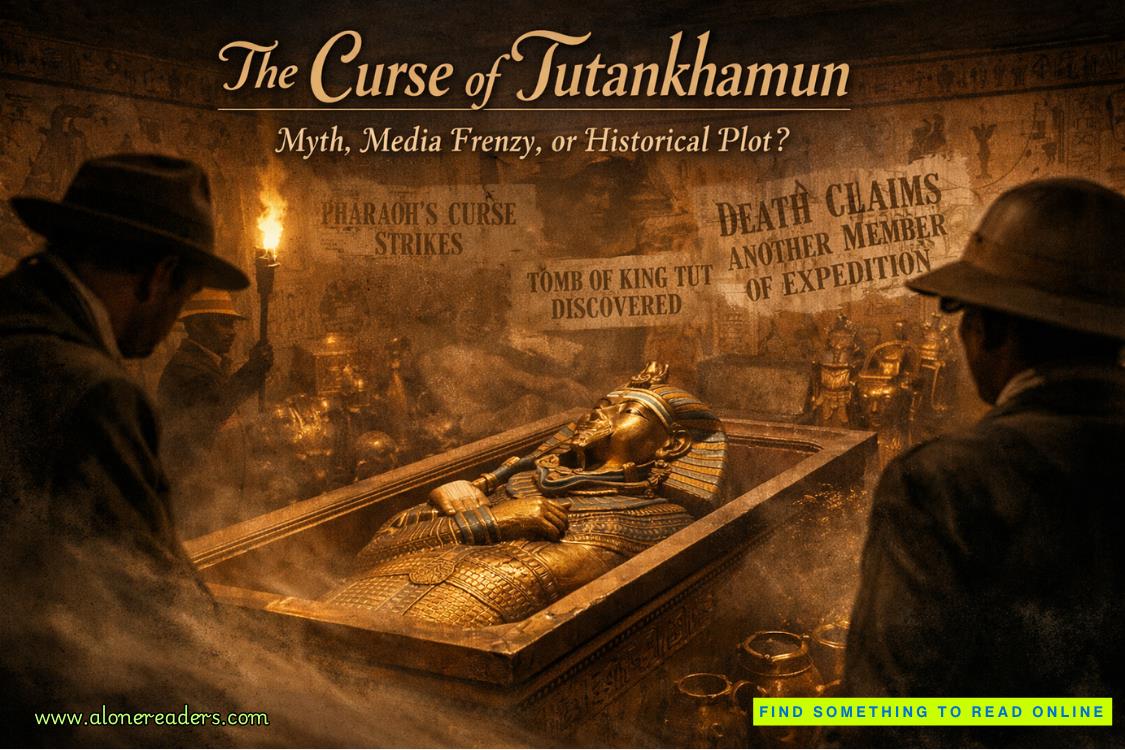Wes had turned small talk into an endangered species.
"I read the trust's historical records—three hundred residents in 1995, down to barely a hundred now. But unlike other islands that just became summer playgrounds for wealthy mainlanders, Ironhook's managed to maintain its year-round community. That's what I'm here to figure out."
I pulled my phone out to check for a signal. Two bars, which was better than I'd expected. "What makes some places adapt while others just... give up?"
Wes didn't respond and kept walking.
"I believe the residents found new ways to make it work." I was talking as much to organize my thoughts as to maintain conversation. "That's what makes communities resilient—the ability to shift without losing core identity."
Wes stopped walking so abruptly that I almost collided with him. He turned, his restless gray eyes pinning me. "Resilience ain't about identity out here. It's about not drowning when the tide comes in."
Before I could answer, he'd turned and started walking again, leaving me to follow in his wake and wonder what exactly I'd stumbled into.
The cottage had windows reflecting sky and clouds and a sagging porch. It was the kind of place that would photograph beautifully for a Maine tourism brochure, assuming you could edit out the bone-deep loneliness that seemed to seep from every wind-scoured board.
Wes climbed the porch steps and paused at the door, keys already in hand. He turned and looked at me—really looked. "Hope you brought everything you need. Supply boat doesn't run regular."
The door opened with a loud creak. He stepped inside, leaving me to either follow or stand there like abandoned cargo from a ship that had already sailed.
I chose to follow.
"Dinner's at six," he said without looking back. "Don't expect conversation."
The cottage interior was perfectly ordered, everything in its place. The wood walls were painted white sometime in thedistant past, now bearing hairline cracks that spoke of decades of weathering salt air.
The scent of the place wrapped around me—cedar and brine underlined by the warmer smells of coffee grounds and wool. My boots creaked against floorboards worn smooth by years of solitary footsteps.
Wes hung his jacket on a peg by the door. He nodded toward a narrow hallway. "Room's that way."
As I stepped past, my gear bag brushed his arm, and his gaze flicked to mine, lingering for a heartbeat too long before he turned away. It was long enough to notice how the afternoon light caught the gray in his eyes, turning them almost silver. And it was long enough to notice how the fabric of his shirt moved when he breathed.
The back room was what I'd expected: a single bed with a wool blanket and an aged wood dresser. A window looked out on scrub pine and whatever lay beyond. It was utilitarian, clean, and about as welcoming as a doctor's waiting room.
I dropped my pack and began unpacking the tech and paperwork that had felt manageable in Whistleport but was overwhelming here. My sample collection kit found a home on the dresser, glass vials catching afternoon light like a tiny chemistry set.
"Hey," I called toward the main room. "What's the Wi-Fi password?"
"Satellite. Don't expect much."
The cottage spoke in its own unique voice: the wind against windows, the distant rhythm of waves, and the occasional creak of wood adjusting to temperature changes. Through the thin walls, I heard Wes moving around the kitchen.
I unpacked my camera equipment, trying to arrange it in a way that wouldn't scream "invasive researcher with too muchgear and not enough sense." The late afternoon light streaming through the window was perfect for documentation shots.
My phone suddenly buzzed with a text from Ziggy Knickerbocker, who'd been my best friend since we were kids trading hockey cards in Whistleport. He was at UMaine enjoying his final year of college hockey.
Ziggy:How's island life? Meet any interesting locals yet?
I stared at the message for a long moment.
Eric:Define interesting.
Ziggy:Hot. Mysterious. Good story material.
I glanced toward the main room and heard the sounds of dinner preparation. A knife hit a cutting board with a soft thunk, water ran, and cabinet doors opened and closed.
Eric:One out of three, maybe. Still collecting data.
Ziggy:That's not a no.















